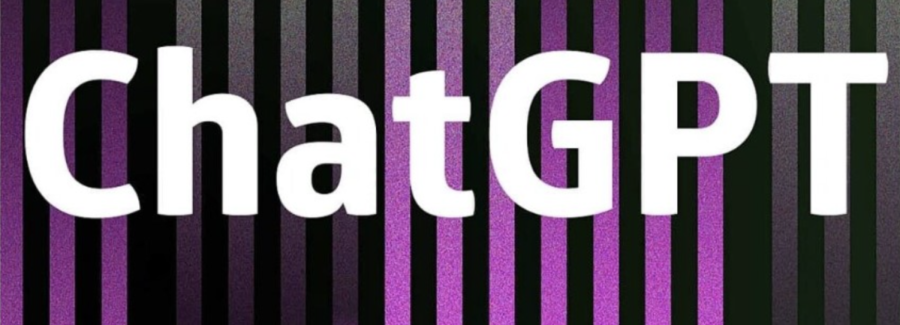Dear Faculty: Coming soon to a student paper on your desk … artificial intelligence
CHAT GPT has made teachers uneasy about academic honesty in writing.
February 23, 2023
During the COVID lockdowns, technology to help students and teachers work online quickly became an essential part of education. The ability to teach and learn remotely opened up unthought of opportunities of how working online can create different options for both teachers and students. Although many great advancements have made many aspects of learning more expandable, it has also opened a door for widespread academic dishonesty.
Dianna Terrel, Education Professor and Co-Director of Saint Anselm’s Center for Teaching Excellence, recalls asking herself about how technology has affected her job as a professor and how she prepares her students to be teachers in a quickly changing industry. when the then-controversial search engine made its introduction to higher education.
Today, the average student probably can not imagine completing their assignments without the help of not only Google, but other programs like Photomath, Grammarly, SpanishDict and SparkNotes. Now, Elon Musk’s Chat GPT, an online chat box run by Artificial Intelligence, is the newest technology changing the scope of teaching.
Last week, the Center for Teaching Excellence hosted Saint Anselm faculty in a discussion on Chat GPT. The technology was officially launched recently on November 30th, and is a form of artificial intelligence that automatically provides responses to human generated questions. While it appears that the software is certainly being implemented for academic purposes, it is far from perfect.
One student claims to have tried to use it once, but the website was so slow that they were better off completing their assignment independently. “I used it for a quiz once, and got almost every answer wrong,” shared another student, who wishes to stay anonymous.
Despite being in the early stages of development, Saint Anselm faculty are actively preparing to adapt to these technologies.
“We don’t have a choice, we must figure out how to use it well to teach better writing.” Professor Meg Cronin, Director of College Writing said, adding that ironically, “the danger is in non-writing intensive courses.”
Professor Gregory from the Education Department shared a similar sentiment, saying that in writing-based classes, “I become sensitive to my student’s writing styles, and can sense awkward, oddly sophisticated changes in writing.”
Although the plagiarism that Chat GPT allows may not be feasible in intimate classes like the ones here at Saint Anselm, it nevertheless represents a climatic moment for higher education.
“I think there is a great opportunity in how we address it,” Melinda Malik, Head of the Collections Department at Geisel Library said, taking a positive outlook. Many professors agree that face to face communication with students is necessary in adapting to these changes. “Talking about it with students is the way to go,” said Jenne Powers, Director of the Academic Resource Center.
Faculty are determined to utilize these AI-generated tools as a communicative learning experience, by facilitating in-person discussions and consultations, collaborative writing, and college-wide information literacy.
“I did not come into this profession to chase cheaters,” concluded Diana Terrell.





